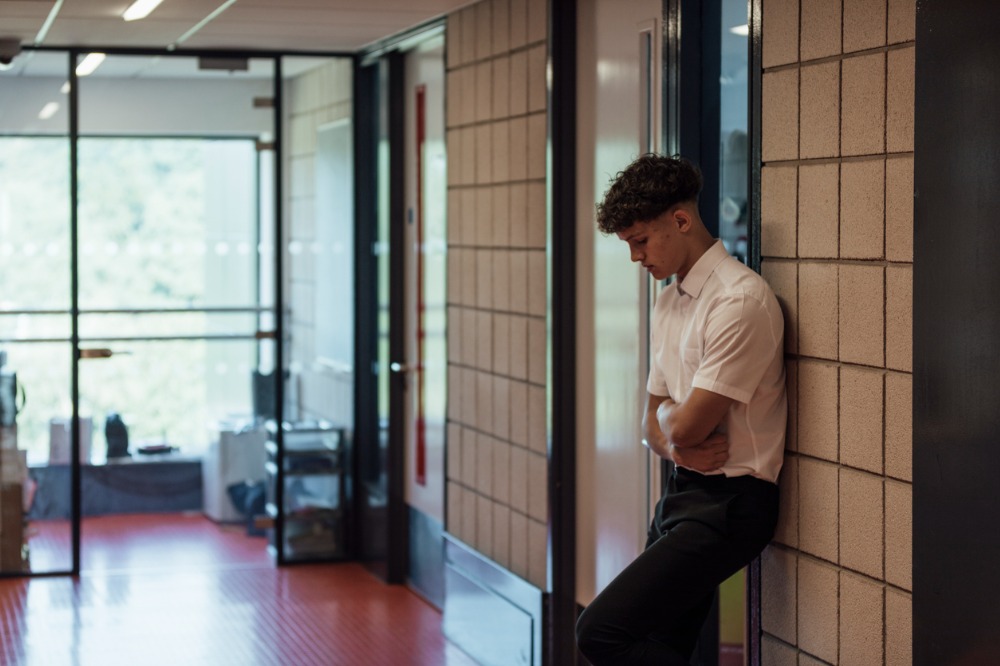
Suspended students more likely to experience poor post-school outcomes, new research from the UK shows.
The study, published by UK-based foundation Impetus, found that that young people who are suspended at least once from high school are twice as likely to be outside of education, employment and training by the age of 24.
The report also found that students in England who were suspended during their secondary years were also less likely to achieve high-level results in their studies, as well as having a higher likelihood of receiving unemployment benefits.
“We know from research conducted in Australia, that school suspensions increase the risk of student disengagement from school, including dropping out early, which coincides with findings from the UK report,” Dr Jamie Manolev, a Research Associate at the University of South Australia, told MCERA.
“Exclusions have been associated with a range off negative outcomes and impacts, including increased future antisocial behaviour, increased use of alcohol, drugs and tobacco, increased likelihood of committing an offence as well as higher potential for homelessness.”
In addition, says Dr Manolev, those who are suspended once have an increased chance of being suspended again, as well as heightened levels of disengagement with schooling and education, lower levels of academic attainment and achievement, as well as an increased likelihood of dropping out of school or not completing year 12.
“On parents and families, this can lead to increased parental stress, reducing current and future work opportunities and harming the income-earning potential of an individual,” he said.
“As this report indicates, the costs of using school suspensions and exclusions to manage student behaviour are significant, therefore, reducing our reliance on them serves not only the interests of students but society as a whole.”
Dr Erin Leif, a Board Certified Behaviour Analyst (BCBA) and Senior Lecturer in the Faculty of Education at Monash University, said suspensions often exacerbate existing inequities, particularly for marginalised students, and may increase their risk of involvement with the justice system.
"To address this, schools must understand why students display behaviours that put them at risk for suspension and implement proactive and preventative behaviour support practices within a multi-tiered system of support,” Dr Leif told MCERA.
“Additionally, enhancing pathways to employment through career and technical education, work-based learning opportunities, and re-engagement programs can help these students build the skills and connections needed for future success.”


